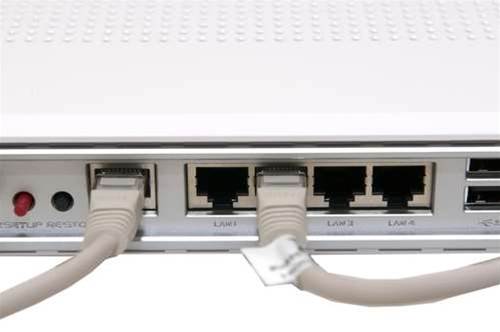Australia has been pipped by New Zealand in a new index by Sir Tim Berners-Lee's World Wide Web Foundation that aims to scope the "impact" of the Internet.

According to the inaugural index (pdf), New Zealand ranked seventh in the world. Australia came in eighth.
Regionally in Asia Pacific and Japan, New Zealand (pdf) is first and Australia (pdf) second.
Berners-Lee used the index to decry the impact of growing censorship and internet restrictions generally, which he saw as "major barriers to making the web useful to all".
"Almost 30 percent of countries covered by the Index face moderate to severe government restrictions on access to websites, while about half of them show increasing threats to press freedom," he said (pdf).
Compared to New Zealand, Australia scored poorly on the index sub-component that measures press freedom, censorship and government openness.
"The web is a global conversation. Growing suppression of free speech, both online and offline, is possibly the single biggest challenge to the future of the web," Berners-Lee said.
Though the index methodology is relatively complex, it essentially boils down to three components: readiness, web usage and content, and impact.
Economic impact downfall
Impact accounts for 60 percent of the index score, while readiness and web usage and content each have a 20 percent weighting.
Australia outranks New Zealand on overall web "impact" - a remarkable feat considering New Zealand outranks Australia on two out of three sub-components that make up the impact score.
On one of the sub-components, the social impact of the web, Australia comes in fifth to New Zealand's third. The measure takes into account "the use of social networks, the use of the web to disseminate important public health information, the availability of distance learning services, and the impact of ICT on access to basic services".
Both countries fall apart on economic impact - which includes "the extent of business Internet
use, the extent to which people trust the Web as a means of buying and selling goods and services", and the impact of cybercrime. Australia is 14th in the world, New Zealand 17th.
The third sub-component of the impact score is political impact of the web. New Zealand comes sixth, Australia seventh. It includes "the extent to which political parties use the web to campaign and mobilise their constituents, as well as the use of ICT to enhance government efficiency and e-participation."
The other 40 percent
Aside from impact, the overall index accounts for "web" and "readiness", each accounting for 20 percent of the overall calculation.
New Zealand comes in seventh on web scores, defeating Australia at ninth place.
The web score is made up of two sub-components: web usage, which accounts for numbers of internet users and "accessibility indicators"; and web content, which consisted solely of "the number of Wikipedia articles per language".
"Readiness" ultimately boils down to communications and institutional infrastructure sub-components.
Communications infrastructure accounts for "factors as international bandwidth per Internet user, broadband subscribers, mobile phone subscriptions, and the cost of access".
Australia ranks 11th in the world on communications infrastructure, where New Zealand comes in 15th.
The tables are turned on the institutional infrastructure sub-component. This encompasses data "related to press freedom and overall censorship, education, gender, and government openness in sharing data". New Zealand ranks fourth in the world, whereas Australia is a distant ninth.



_(33).jpg&h=140&w=231&c=1&s=0)







 iTnews Executive Retreat - Security Leaders Edition
iTnews Executive Retreat - Security Leaders Edition
 iTnews Cloud Covered Breakfast Summit
iTnews Cloud Covered Breakfast Summit
 The 2026 iAwards
The 2026 iAwards











_(1).jpg&h=140&w=231&c=1&s=0)



